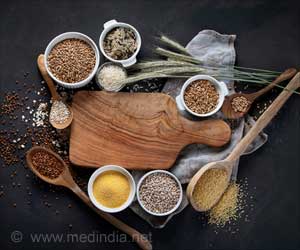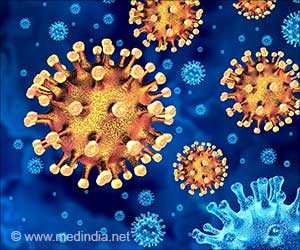Parliamentarians and chief ministers of India's northeastern states are expected to sign a declaration to jointly fight HIV/AIDS in a political commitment
Parliamentarians and chief ministers of India's northeastern states are expected to sign a declaration to jointly fight HIV/AIDS in a political commitment to combat the disease that has assumed epidemic proportions in the region.
A daylong conclave on tackling the scourge is being organised Saturday in Assam's main city of Guwahati by the parliamentary committee on HIV/AIDS. UNAIDS Executive Director Peter Piot is also scheduled to attend.The meeting is expected to be attended by all the regional chief ministers, a large number of legislators and more than a dozen parliamentarians, besides a number of people living with HIV/AIDS and community healthcare groups.
India's northeast - Assam, Manipur, Meghalaya, Mizoram, Nagaland, Arunachal Pradesh and Tripura - has been declared as one of the country's high-risk zones with close to 100,000 people infected with HIV.
'This is the first time that government leaders of all the regional states are coming together to discuss the challenge before us as HIV/AIDS in the northeast has assumed epidemic proportions,' Assam Health Minister Bhumidhar Barman told IANS.
'We hope to come up with a declaration and a pledge to jointly combat the disease. The presence of Piot would be a source of encouragement to all of us.'
S.I. Ahmed, head of the AIDS Prevention Society, a frontline community healthcare group in the northeast, said the meeting could be the beginning of a sustained effort at controlling the epidemic.
Advertisement
'If the governments agree to work out a comprehensive action plan there is no doubt that we will be able to tackle the menace.'
India's northeast lies on the edge of the heroin-producing Golden Triangle of Laos, Myanmar and Thailand and independent estimates have put the number of regular intravenous drug users in the region at up to 300,000 -- a key cause of HIV infection here.
'More than promiscuity it is the sharing of needles among intravenous drug users in the northeast that is responsible for spreading HIV-AIDS at an alarming rate,' Ahmed said.
India accounts for about 5.1 million HIV-positive people, next only to South Africa. 'The meeting would discuss ways and means to work out a systematic and scientific approach by using all the resources available with the governments to control the disease,' the health minister said.
--IANS











